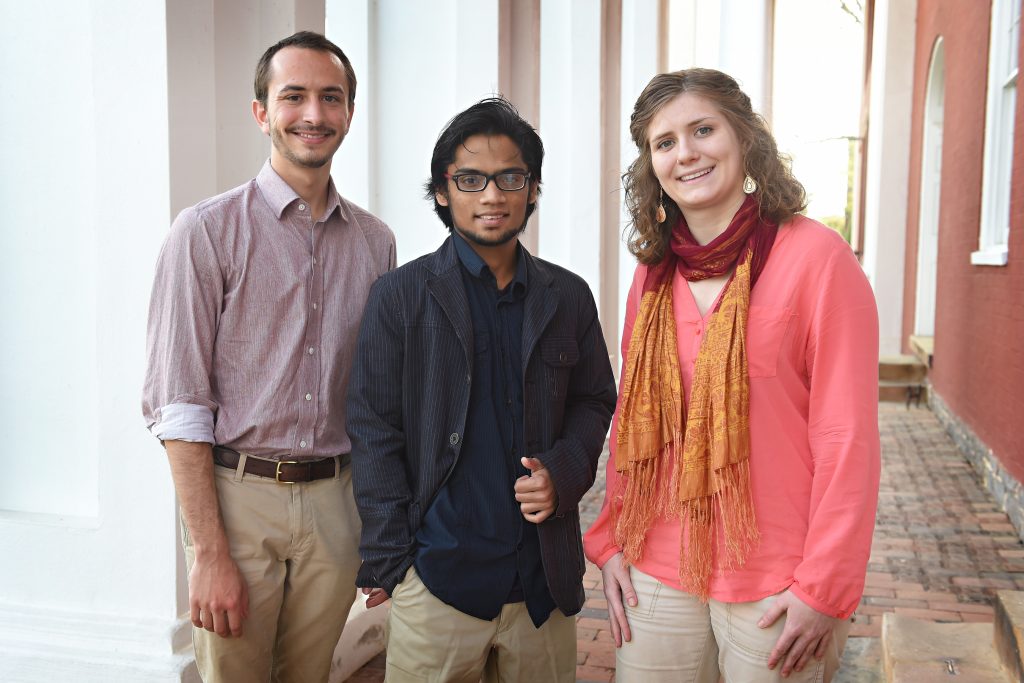Home
About Us
Page 2
Consequently, USAID Peru has developed three main objectives for the three-year Ethical Schools Project:
|
|
1) Establish and strengthen education policies that will incorporate ethics and instill ethical decision-making strategies in primary school students
2) Be able to train teachers some techniques that would help them integrate ethics into their classrooms, lesson plans, and other teaching methodology
3) Support regional authorities and school networks in target regions and accompany noviece teachers in carrying out ethics education
The Ethical Schools Project not only hopes to involve teachers and students, but it will coordinate with parents and guardians to ensure that the objectives of the project will be duly met.
USAID Peru is set to administer a maximum amount of $1,500,000 for the three-year duration of the Ethical Schools Project.
To know more about this program, visit Topgovernmentgrants.com or go to the Grants.gov website.
Interested applicants will be deemed eligible to apply for this program is they a part of Peruvian nongovernmental organizations.
The US Agency for International Development(USAID), the main agency funding the Ethical Schools Project, is the country's leading agency responsible for providing economic and humanitarian assistance to more than 100 countries worldwide.
Ethical Schools Project in Peru
Back to Page 1
About The Author Michael Saunders is an editor of TopGovernmentGrants.com one the the most comprehensive Websites offering information on government grants and federal government programs. He also maintains Websites providing resources on environmental grants and grants for youth programs. |
Additional Resources
category - Applying for a Grant
National Science Foundation announces the Cyberlearning: Transforming Education Program
Applying for a Grant - Where and How
Zambia Economic Resilience Program for Improved Food Security
US Environmental Protection Agency: Russian Arctic Black Carbon, Reduction of Black Carbon from Diesel Sources
Follow @topgovtgrant
Social Entrepreneurship
Spotlight
Williams School: First-Ever Social Entrepreneurship Summit

The Williams School’s J. Lawrence Connolly Center for Entrepreneurship held its first-ever Social Entrepreneurship Summit on May 2. Business administration professor Drew Hess and his wife, Megan, also a business professor at the Williams School, arranged to gather a dozen student leaders to dinner. They wanted to search for ways the campus and the Williams School could support social entrepreneurship.
